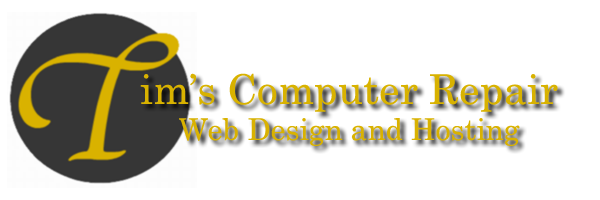Do you use Windows 7 or Windows 8/8.1 on a Skylake computer? Microsoft will offer support through 2020 for Windows 7 and through 2023 for Windows 8, just as it will for other computers. This backpedals an earlier plan to drop support for Skylake computers as early as 2017.
Skylake, the sixth generation of Intel Core processors, became widely available after Windows 10’s release. As such, the vast majority of Skylake processors are shipped with machines running Windows 10. With this in mind, Microsoft stated earlier this year that Windows 7 and Windows 8/8.1 will only support Skylake computers through 2017. So far as we know, this was the first time Microsoft has dropped security updates for an otherwise supported operating system depending on processor model.
Related: Sticking with Windows 7? Make sure you do these 5 things first
Some users were … not thrilled. The move was widely seen as a way to force users to upgrade to Windows 10, according to Forbes. Apparently that feedback got through to Microsoft, which extended support through 2018 back in March.
Extended support for Windows 7 ends on January 14, 2020; extended support for Windows 8/8.1 ends on January 10, 2023. The change brings Skylake computers running Windows 7 and Windows 8/8.1 in line with other computers.
Microsoft’s stated reason for the policy is that Windows 10 is optimized for Skylake, while Windows 7 and Windows 8/8.1 are not.
Related: Intel ships 7th-gen Core chips to device makers, systems likely coming this fall
And things get more complicated if you want to buy a computer this fall and install an older version of Windows. Microsoft says seventh-generation processors, code-named Kaby Lake, will not be officially support by Windows 7 or Windows 8.1, meaning if you buy a computer with such a processor, downgrading is going to be tricky.
Nearly half of all computer users are still on Windows 7, according to NetMarketShare, but old operating systems can’t run on new hardware forever. We all gave up XP eventually. Don’t worry, though — in eight years die-hard Windows 10 users will be complaining about not wanting Windows 12. The cycle will continue.
- Windows 10 stops being free on July 29; here’s what you need to know
- Want Windows 10? It’s only free for another month, so upgrade ASAP
- Sticking with Windows 7? Make sure you do these 5 things first
via Digital Trends http://ift.tt/2bnXcuS
